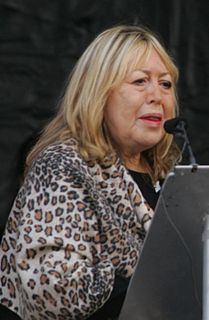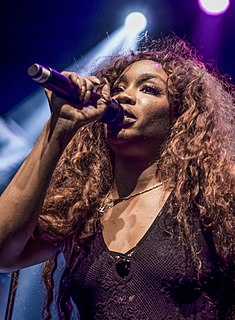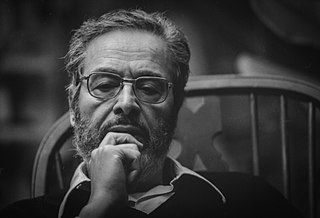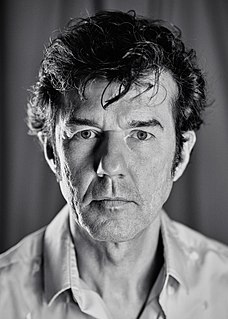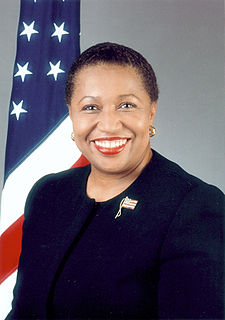A Quote by Gloria Steinem
Racism is not real, it's made up, it's cruel, it can be stopped.
Related Quotes
John was an extraordinary man. Our relationship has shaped much of my life. I have always loved him and never stopped loving him. That’s why I want to tell the real story of the real John – the infuriating, lovable, sometimes cruel, funny, talented and needy man who made such an impact on the world. John believed in the truth and he would want nothing less.
My mom experienced racism. She was harassed by the KKK several times. And I experienced racism myself, growing up. In New Jersey, we had trash thrown on our lawn every day. And we had the lines to our Christmas lights cut three years in a row. We just stopped putting up Christmas lights after that. That's probably why I still don't put up any lights during the holidays.
Everyone is afraid of you and when folk are afraid of a person it usually means the person is cruel in some way, and I think you are cruel, Miss Marquess, but please don’t punish me for saying it. I think you know you’re cruel. I think you like being cruel. I think calling you cruel is the same as calling someone else kind. And I don’t want to run errands for someone cruel.
We always talk about how, obviously, there is still very in-your-face aggressive racism. But there's a lot of passive racism that, in the moment, you don't even realize is racist. You chalk it up as a strange interaction you had, and then you look at the context of it later on and realize the root of it was racism.
When I started acting in the film industry when I was 16 years old, in 1980, I was going to all the revival theaters in Los Angeles. They were playing mostly films from the '60s and '70s, some from the early '20s and '30s, before that Hays commission. Those films did question things a lot, and there definitely was a switch in 1934. You can see very distinctly in 1934, it's harder to understand what the real culture was. Films made before 1934, you can really kind of see the racism, sexism, drug use, etc. that was going on at that time. And then it was all stopped.



